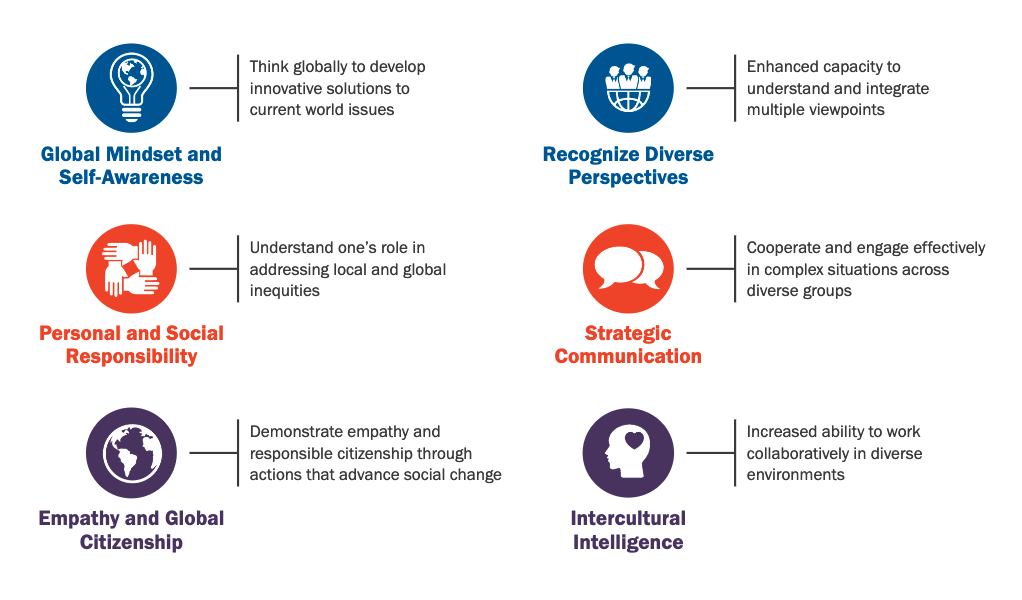Program Learning Outcomes and Curriculum

Your program curriculum is designed to ensure graduates acquire the essential skills, knowledge, and attitudes appropriate and relevant to both the needs of students and employers.
Program Vocational Learning Outcomes
Program vocational learning outcomes describe what graduates of the program have demonstrated they can do with the knowledge and skills they have achieved during their studies. The outcomes are closely tied to the needs of the workplace. Through assessment (e.g., assignments and tests), students verify their ability to reliably perform these outcomes before graduating.
The program vocational learning outcomes for this program are
- Communicate in a manner consistent with professional ethics and practice, and a respect for self, others, and relevant law, policies and legislation.
- Employ all relevant static and dynamic safety and security techniques to ensure the protection of the public, staff, and clients in institutional, residential, and community settings.
- Intervene with clients, individually and in groups, in order to address and manage barriers to promote inclusion, positive growth and personal development.
- Collect information, observe, monitor, record and assess client behaviour accurately in compliance with legal and organizational requirements.
- Assist in the prevention, management and resolution of conflict, crises, and emergency situations using intervention strategies as prescribed by relevant legislative requirements and industry standards and/or certification.
- Develop and maintain positive working relationships with colleagues, supervisors and community justice stakeholders to maintain a productive, professional and safe working environment.
- Engage in program planning, implementation, assessment, and evaluation to meet the needs of clients, staff, community and administration within the context of an interdisciplinary setting.
- Apply knowledge of the history, philosophy, and diverse models of corrective action, of detention, rehabilitation, and reintegration to decision-making and institutional practices.
- Develop and implement self-care strategies using self-awareness, self-inquiry and reflection.
- Work in a manner consistent with professional ethics demonstrating respect for self, others and relevant legislation, policies and procedures in a multi-disciplinary workplace.
- Assess and respond to the strengths and needs of clients, including complex responses impacted by mental health, addictions and other social factors in order to support and promote positive change.
- Promote inclusive practices within community and justice services to increase understanding within the community and meet the needs of diverse populations.
- Propose innovative solutions to address gaps in programs/services in the criminal justice sector through collaborations with community partners.
- Discuss how to engage in decolonizing actions within the professions of Community and Justice Services in the collective pursuit of reconciliation.
Essential Employability Skills Outcomes
Essential Employable Skills (EES) are skills that, regardless of a student’s program or discipline, are critical for success in the workplace, in day-to-day living, and for lifelong learning. Graduates will reliably demonstrate abilities in six skill categories:
- Communication
- Numeracy
- Critical thinking and problem solving
- Information management
- Interpersonal
- Personal
Global Citizenship and Equity Learning Outcomes
There are six Global Citizenship and Equity (GCE) learning outcomes integrated into Diploma and Advanced Diploma programs as a component of Centennial’s Signature Learning Experience (SLE). The SLE reflects the College’s promise to provide students with a distinctive and inclusive educational experience that builds on a foundation of global citizenship, equity, and social justice. Certificate and Graduate Certificates also include at least two GCE learning outcomes. The GCE learning outcomes are:
- Identify one’s role and responsibilities as a global citizen in personal and professional life.
- Identify beliefs, values and behaviours that form individual and community identities and the basis for respectful relationships.
- Analyze issues of equity at the personal, professional, and global level.
- Analyze the use of the world’s resources to achieve sustainability and equitable distribution at the personal, professional, and global level.
- Identify and challenge unjust practices in local and global systems.
- Support personal and social responsibility initiatives at the local, national, and global level.
Global Skills Portfolio
As a component of the SLE, Diploma and Advanced Diploma program students will complete the Global Skills Portfolio. Building the Global Skills Portfolio is a process of documenting your GCE learning. Each item selected for inclusion in the portfolio demonstrates growth and understanding of Global Citizenship and Equity within your program of study.

Students are encouraged to develop their Global Skills Portfolio beginning in their first semester. You will add artifacts from coursework and accompanying reflections as well as artifacts arising from co-curricular activities, volunteering, etc. to your portfolio as you progress through the program. You are encouraged to use the ePortfolio tools available on eCentennial, as well as to develop an online professional portfolio presence through LinkedIn and/or other personal websites/blogs.

